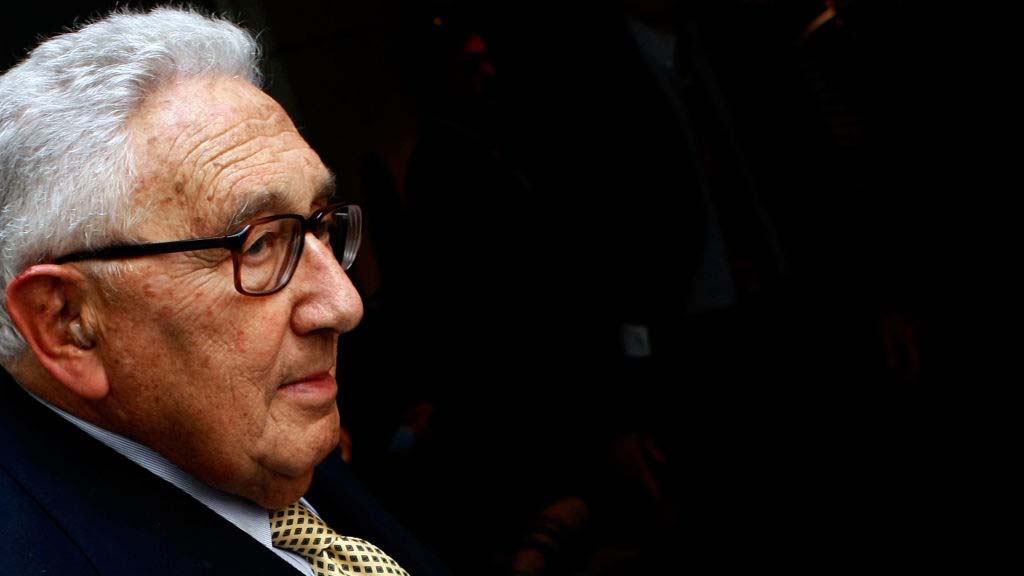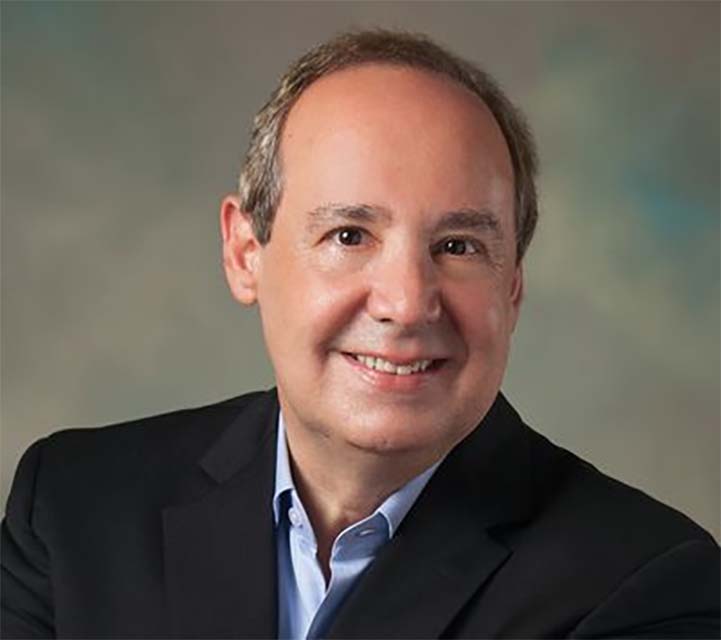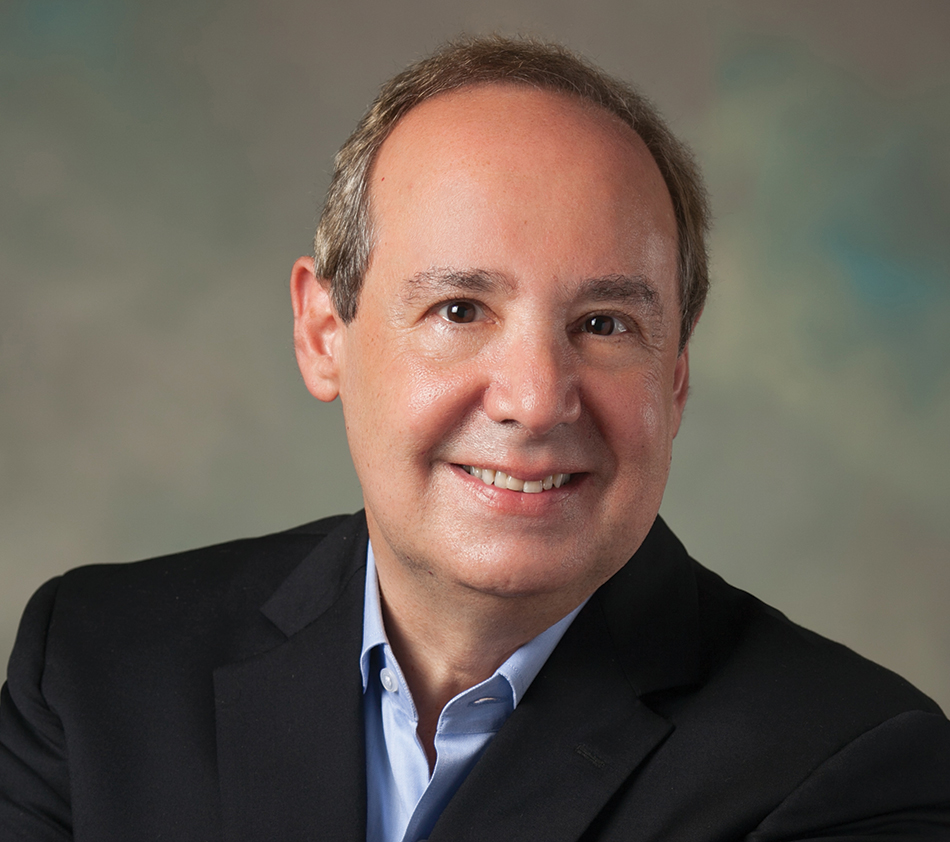Henry Kissinger: RIP for America’s First TV Diplomat (B+C Guest Blog)
Former Museum of TV & Radio chief recalls his encounters with the media-savvy former Secretary of State

The smarter way to stay on top of broadcasting and cable industry. Sign up below
You are now subscribed
Your newsletter sign-up was successful
“Hang up the phone and come by my office now so we can chat.” Whenever I heard those words in that familiar German-inflected low register, I knew that it was time for a quick ride down the elevator at The Museum of Television & Radio in New York, then a brisk walk from there on 52nd Street to meet Henry Kissinger a few blocks away at his Park Avenue office.

Dr. Kissinger was a close friend of the museum’s founder, William S. Paley, the legendary chairman and CEO of CBS. He was an original member of its board of trustees, and remained involved in that capacity until his recent death at 100 years old. Kissinger was not just another name on the illustrious roster that graced our letterhead, either; after all, he didn’t need to be there to burnish his resume.
Quite surprisingly, during my tenure there, he was unusually engaged, always available to me whenever I called with a specific issue where he could open some doors or serve as a valued sounding board. But my short telephone calls usually led to an invitation to drop by for more extended in-person conversations. I took advantage of this valuable face time whenever I had the opportunity to do so.
What I soon realized was that Dr. Kissinger found in me a kindred spirit who could talk endlessly about our mutual passion — television. He had a long history of mingling in the same social circles as television’s most prominent celebrities, of course. Almost by osmosis, Dr. Kissinger soon became a media celebrity in his own right, so he fit right in with them. Women’s Wear Daily dubbed him “Washington’s Greatest Swinger” in 1971, and the following year, he was the choice for “the man I would most like to go out on a date with” in a Playboy Club Bunnies poll.
But our television talk was not about the glamour of Dynasty or Charlie’s Angels. Instead, we discussed how powerful and essential the medium of television was to his vision of global diplomacy. Kissinger, unlike all of his predecessors as Secretary of State (think John Foster Dulles or Christian Herter) understood that television imagery is an essential instrument to be used strategically in statecraft.
The historic visit of President Richard Nixon to China in February 1972 was an Emmy-worthy miniseries in itself, beginning with Nixon’s surprise live television announcement that he had sent Kissinger there in advance to lay the groundwork for this historic opening of U.S. relations with the world’s most populous communist country. The flickering satellite images of Nixon being greeted at the tarmac by Chinese premier Zhou Enlai, or walking the Great Wall in the bitter cold, or having tea with chairman Mao Zedong, remain burnished in our collective memories and now in our history books. Nixon rightly called this “the week that changed the world.” If this show was in prime time, the closing credits surely would have noted, “Henry Kissinger, executive producer.”
Amid the now-raging debate about Kissinger’s legacy in foreign policy, ranging from “genius” to “war criminal,” I think his undeniable impact as the first TV diplomat is worth noting as well. It is difficult to imagine how any geopolitical crisis today could be managed without thinking deeply, as Henry Kissinger did, about how television can be used to shape global perceptions, then morph into reality itself.
The smarter way to stay on top of broadcasting and cable industry. Sign up below
Through our spur-of-the moment talks, I understood why the man who loved power naturally loved television, too. With Henry Kissinger’s passing, the modern age of TV diplomacy has lost its first and most enduring star.
Stuart N. Brotman is the former president and CEO of The Museum of Television and Radio in New York and Los Angeles (now the Paley Center for Media). He is the author of The First Amendment Lives On.

